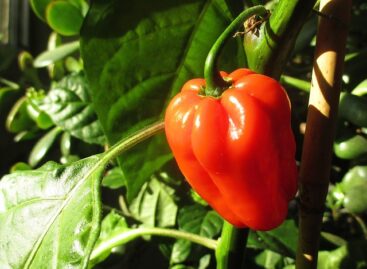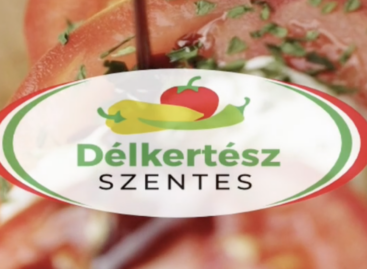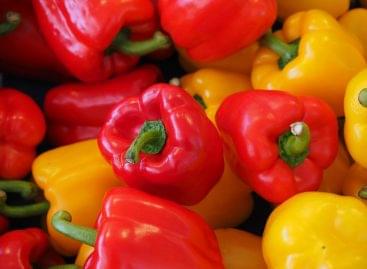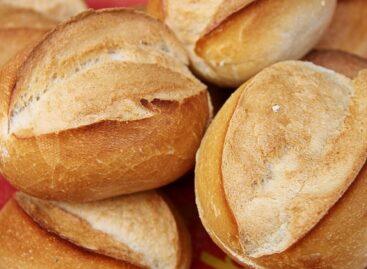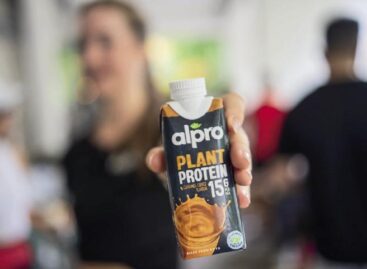The sharp-strong pepper seeds passed a successful test: Promising results in the Nébih experiment
The sharp-strong pepper seeds examined in the Süpermenta product test at the beginning of summer remained in the center of attention, as their detailed analysis continued at the Breeding Station of Nébih Monorierde. During the test, 12 different seed batches were planted, monitoring their development until harvest. Ripe fruits of hot peppers were examined in Nébih’s laboratories, focusing, among other things, on their capsaicin content, which is responsible for the peppers’ hot taste, reports the Agricultural Sector.
The cultivation process and results
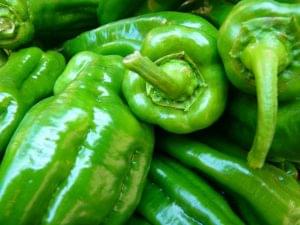 The seeds were planted in mid-April, and then the developed seedlings were carefully cared for in a foil tent. The plants were planted at the end of May and provided with drip irrigation. At the end of July, already ripe peppers were harvested, which were splendid in different colors. During the test, the plants developed quickly and at the right pace, so the expected yield was achieved. All of the pepper varieties participating in the experiment retained their strength, and their shape and color showed wide variations.
The seeds were planted in mid-April, and then the developed seedlings were carefully cared for in a foil tent. The plants were planted at the end of May and provided with drip irrigation. At the end of July, already ripe peppers were harvested, which were splendid in different colors. During the test, the plants developed quickly and at the right pace, so the expected yield was achieved. All of the pepper varieties participating in the experiment retained their strength, and their shape and color showed wide variations.
Laboratory tests and liking test
During the laboratory tests, the experts measured the capsaicin content of the fruits, which gives peppers their spiciness. Based on the results, the amount of capsaicin varied widely, between 7 and 100 mg/kg. During the popularity test, both experts and laymen evaluated the peppers, according to different aspects.
The most popular variety was Harriet the ram (MoravoSeed), second was Cristobal F1 (Garafarm Magrovet), and third was Cristobal F1 (Magrovet Royal Sluis). These varieties stood out from the competition based on their taste and strength, so they were a great success in the test.
Related news
Hungary is building on paprika: 10th place in Europe in fresh paprika exports, 5th in dried ones
🎧 Hallgasd a cikket: Lejátszás Szünet Folytatás Leállítás Nyelv: Auto…
Read more >DélKertész: Hungarian vegetables are delivered to your home
🎧 Hallgasd a cikket: Lejátszás Szünet Folytatás Leállítás Nyelv: Auto…
Read more >Price pressure and oversupply in the global bell pepper market
🎧 Hallgasd a cikket: Lejátszás Szünet Folytatás Leállítás Nyelv: Auto…
Read more >Related news
Where wheat turns into flour and data: this is how the domestic milling industry is digitizing
🎧 Hallgasd a cikket: Lejátszás Szünet Folytatás Leállítás Nyelv: Auto…
Read more >High-protein products are taking over
🎧 Hallgasd a cikket: Lejátszás Szünet Folytatás Leállítás Nyelv: Auto…
Read more >



